Hall’s intervention necessary as BBC ruling lacked common sense
Hands up who genuinely understands the Naga Munchetty row?
How the BBC had no issue with her labelling a tweet from President Trump as racist, but did with her hinting at his motivation for sending that tweet?
How she said: “Now, I’m not accusing anyone of anything here, but you know what certain phrases mean” – yet that went beyond what BBC guidelines allow?
How the BBC partly upheld the complaint, yet never actually issued any sanction against her? And then changed its mind. The whole thing makes your head hurt and is an example of the kind on knots that only the BBC can tie itself up in.
I have some sympathy. Nuance goes out of the window on issues like this, and the precise wording of judgements is often overlooked in favour of broad strokes. But the net effect was that the BBC found itself out of step with the views of many of its staff and a more general notion of common sense.
Failing to back a woman of colour discussing a public pronouncement from the world’s most powerful man that BAME individuals should “go back to where they come from” just feels wrong.
“Establishing just what impartiality looks like in the most toxic political atmosphere of my adult life is a huge challenge, but one the corporation needs to get right”
Tony Hall’s intervention was necessary and his language important. “Racism is racism and the BBC is not impartial on the topic” is the clearest statement in the whole affair, and it will have been reassuring to staff that the director general waded in after receiving many personal requests to do so.
But it can’t be the case that the DG needs to step in as a matter of course. Establishing just what impartiality looks like in the most toxic political atmosphere of my adult life is a huge challenge, but one the corporation needs to get right.
In recent weeks, the BBC has rejected complaints about Laura Kuenssberg tweeting the identity of the Labour activist who confronted the prime minister in a hospital, and Martha Kearney asking Geoffrey Boycott about domestic abuse in an interview set up to mark his knighthood.
Yet it rapped Newsnight’s Emily Maitlis for an interview with The Spectator’s Rod Liddle in which she alluded to “consistent casual racism” in one of his columns. Each of these need to be judged on its own terms, but the BBC needs to assess how it ended up here.

Unprompted, a BBC contact got in touch to suggest that the make-up of the un-named Executive Complaints Unit does not help, flagging that it is all white and practically all male. It seems likely that, like the rest of the BBC and the wider industry, it needs a refresh.
The corporation needs to identify the lessons it has learned from this the debacle and implement change. It hasn’t covered itself in glory, but it still has the chance to make positive steps as a result of an about-face.
- Chris Curtis is the editor in chief of Broadcast









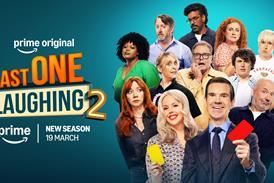
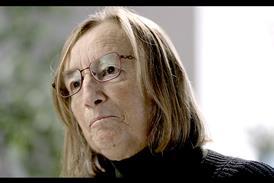
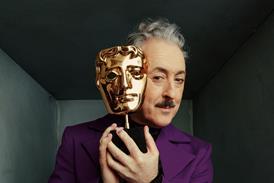




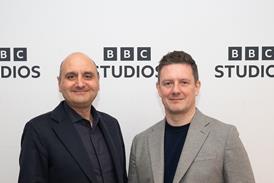






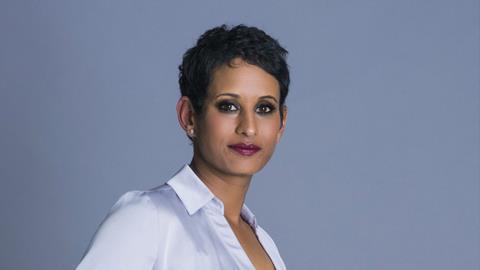






No comments yet